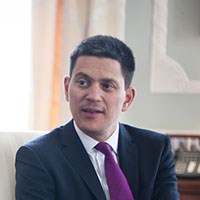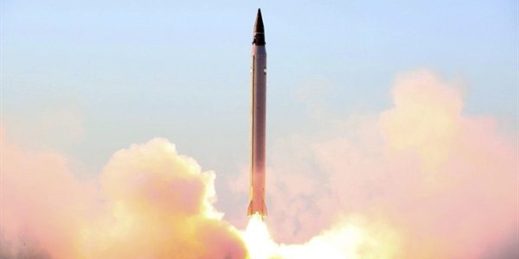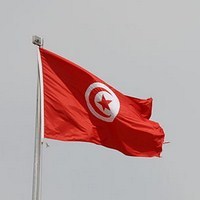
Speaking today at a discussion hosted by the New America Foundation, former British Foreign Secretary David Miliband put his thumb on a sensitive issue for Washington. Much as their leaders might secretly wish it, the West’s governments can’t simply take a decade off of foreign policy to focus on rebuilding at home. “You’ve got to do the internal and the external at the same time,” he said. Yet that kind of multitasking is precisely what has eluded President Barack Obama as he and his administration struggle to put out the fiscal fires started by House Republicans. Perhaps the most prominent […]














